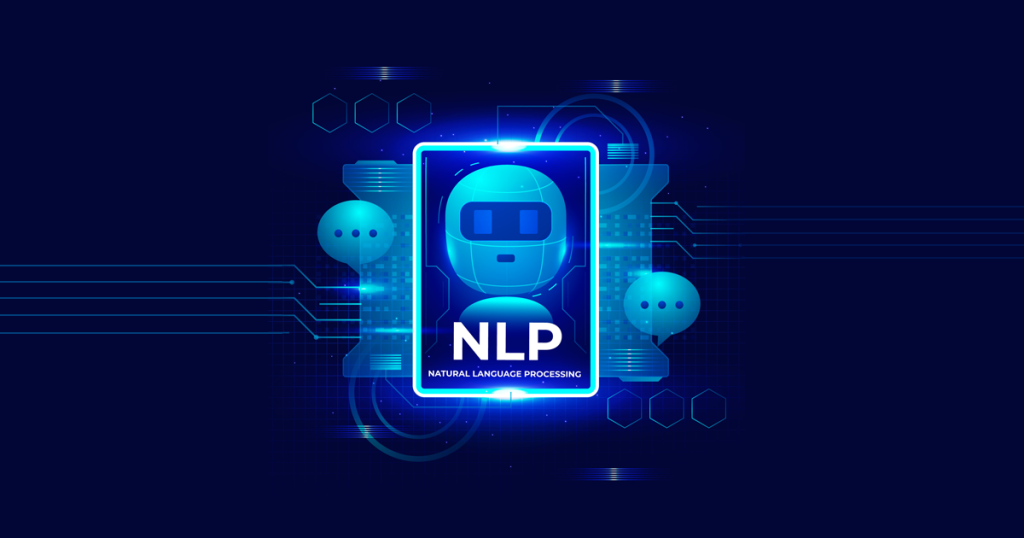
In today’s digital age, Natural Language Processing (NLP) is playing an increasingly important role in improving customer service. Let’s explore how it impacts different aspects of this crucial area.
1. Customer Service Chatbots
- Quick Responses:
- Chatbots powered by NLP can understand customer inquiries in natural language and provide instant answers. For example, when a customer asks about the availability of a product, the chatbot can quickly check the inventory and reply promptly.
- They are available 24/7, ensuring that customers can get assistance at any time, regardless of the time zone or working hours of human agents.
- Handling Routine Queries:
- Most common questions like store locations, return policies, or product features can be handled efficiently by chatbots. This frees up human agents to focus on more complex issues that require deeper expertise.
2. Product Recommendations
- Personalized Suggestions:
- NLP analyzes customer conversations and past purchase history to understand their preferences. Based on this, it can recommend products that are likely to interest them. For instance, if a customer often talks about fitness and has bought running shoes before, the system might suggest fitness trackers or workout clothes.
- It can also consider factors like season, trends, and current promotions to make the recommendations more relevant and appealing.
- Enhancing Shopping Experience:
- By providing tailored product suggestions, NLP helps customers discover new items they might not have thought of. This can increase customer satisfaction and potentially boost sales for businesses.
3. Conversational Systems
- Natural Interaction:
- These systems allow customers to have a smooth and natural conversation, just like they are chatting with a human. They can understand different ways of asking the same question and respond appropriately, making the communication process more comfortable for customers.
- They can handle follow-up questions and keep the conversation flowing, providing a seamless experience throughout the interaction.
- Multilingual Support:
- NLP enables conversational systems to understand and respond in multiple languages. This is crucial for businesses with a global customer base, as it helps them serve customers from different regions without language barriers.

4. Customer Sentiment Analysis
- Understanding Emotions:
- NLP algorithms can analyze the tone and words used by customers to gauge their sentiment. Whether they are happy, frustrated, or neutral, businesses can know how customers truly feel about their products or services.
- For example, if a customer uses negative words or an angry tone in their feedback, the company can quickly identify and address the issue to prevent further dissatisfaction.
- Improving Service Quality:
- By constantly monitoring customer sentiment, companies can make adjustments to their customer service strategies. They can train agents better, improve processes, or make changes to products based on the insights gained from sentiment analysis.
5. Customer Satisfaction and Trend Spotting
- Measuring Satisfaction:
- NLP can analyze customer reviews and feedback to determine the overall level of satisfaction. It can identify common themes in positive and negative feedback, helping businesses understand what they are doing right and where they need to improve.
- It can also track changes in satisfaction levels over time to see the impact of new initiatives or improvements made by the company.
- Spotting Trends:
- Through analyzing a large amount of customer data, NLP helps spot emerging trends in customer preferences, needs, or complaints. This allows businesses to stay ahead of the curve and adapt their offerings and services accordingly.
6. Support Ticket Routing
- Efficient Distribution:
- NLP can automatically analyze the content of support tickets and route them to the most appropriate department or agent. For example, a ticket about a technical issue with a software product will be sent to the technical support team, while one about a billing query will go to the finance department.
- This ensures that tickets are handled by the right people quickly, reducing response times and improving the overall efficiency of the customer service process.
- Prioritization:
- It can also prioritize tickets based on factors like urgency and importance. High-priority issues get immediate attention, ensuring that critical customer problems are resolved first.

In conclusion, Natural Language Processing has a wide range of applications in customer service that significantly enhance the customer experience and help businesses operate more effectively. By leveraging its power, companies can build stronger relationships with their customers and stay competitive in the marketplace.




